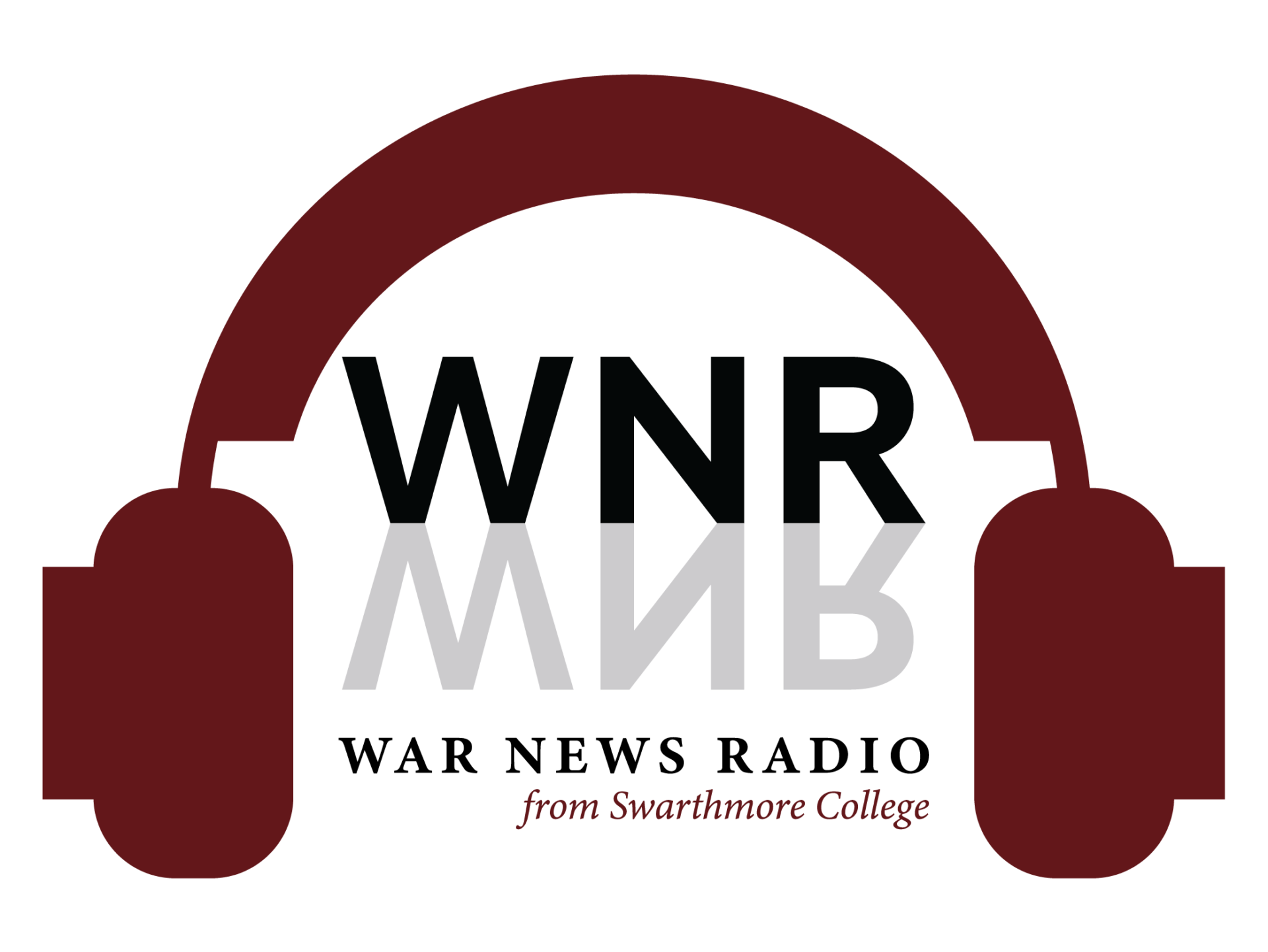Iraq’s Air Force
This piece first aired in March, 2009, as part of the show, “Taking Flight.”
- HOST I: Late last week, President Obama announced his much-anticipated timetable for the final withdrawal of US troops from Iraq. Under the plan, all US combat forces will be out of the country by the end of August 2010, but a residual force of 35,000 to 50,000 troops will remain through the end of 2011, primarily to continue training Iraqi forces. The idea is that the nineteen-month timetable will allow enough time for Iraqi security forces to gradually take on full responsibility within the country.
HOST II: Most attention has focused on the Iraqi Army and Police — but they’re only part of Iraq’s military, and they still rely on U.S. planes for vital air support. This week, Jess Engebretson and Elizabeth Threlkeld checked in on the status of Iraq’s Air Force and ask if and when the Iraqis will be able to take on the task of patrolling the country’s skies. Here’s Jess.
JESS ENGEBRETSON: The success of President Obama’s withdrawal plan depends in large part on the Iraqi security forces’ ability to stand up as the Americans stand back — and the U.S. knows it. The American military has invested significant time and money in training Iraq’s police and army forces. But Iraq also has an Air Force — at least in theory. And very little energy has gone into rebuilding that part of country’s national defense system. Luay Badraldeen is a retired Brigadier in Iraq’s Air Force. He says that today’s Air Force is lacking some essential elements:
LUAY BADRALDEEN: The Air Force is still walking like a baby. They only have a few Polish helicopters, and planes that are like the PC-7, or even worse than that. These are only good for training. We have no fighter planes that can protect Iraq’s skies.
JESS ENGEBRETSON: With so much political and military muscle focused on bringing Iraqi security forces up to speed, why has the Air Force been left out of the picture? It’s simple, says Larry Korb, Senior Fellow at the Center for American Progress: with limited resources, the U.S. has to focus on training the kinds of forces most necessary to deal with Iraq’s current security issues. The Air Force doesn’t make that cut.
LARRY KORB: I think it’s important to keep in mind that this is not as high a priority as ensuring that your ground forces are able to deal with internal problems. The Iraqi security forces are mainly going to be like a large police forces is exactly what we’re trying to get them to do, not to fight a major conventional war.
JESS ENGEBRETSON: Korb says that Iraq’s inability to fight a conventional war shouldn’t be serious cause for concern — at least not for a good few years. In the meantime, they have backup:
LARRY KORB: Right now they’re not focused on dealing with these external threats because the U.S. will be in the region to protect them from those. I mean the main thing they have to do now is build a stable state, worry about the division of powers and revenues. But at some point, yes, like any other country. I mean, before we overthrew Saddam Hussein, they had an Air Force. Iran has an Air Force, Saudi Arabia has an Air Force. Turkey has an Air Force. All the countries that border on them.
JESS ENGEBRETSON: Catching up with those neighbors militarily will be a major challenge for Iraq. In the run-up to the U.S. invasion, Saddam Hussein ordered the burial of dozens of the country’s fighter jets in the desert west of Baghdad — apparently in an attempt to hide them. But the planes weren’t well-protected, and were unusable when uncovered in 2003. As a result, the U.S. is still providing all of the Iraqi military’s air support. And it’s worth noting that American forces use a lot of air support: planes help supply troops across the country, avoiding dangerous roads, and high-tech drones help monitor insurgents and collect intelligence. But the Iraqi Air Force isn’t expecting that kind of capability any time soon. Badraldeen, the retired Iraqi Brigadier, estimates that it will take at least five years to get the country’s Air Force up to speed. But he says the process could have gone a lot more quickly if the Iraqi government had consulted people with the right know-how.
LUAY BADRALDEEN: The government didn’t reach out to the former Iraqi Air Force pilots and technicians. If they had reached out to them, it would’ve been easy to get the equipment, and easily train them because they know how things work. It would have been easy to change their Russian Air Force system, to the western one. They would need six to seven months of training and that’s it. But you can’t start from scratch. What you’re doing is creating a country in 5 months, and you also want to fly F-16 fighters fighters in the sky. I don’t know how they want to do it, but it’s impossible.
JESS ENGEBRETSON: The Army Corps of Engineers and the U.S. Air Force just completed a four month, two million dollar project to refurbish the main Iraqi Air Force training center — providing it with electricity from new generators, for a start. But training a pilot takes three to five years — a lot longer than training a soldier. And trainee pilots all have to learn English, the language used in aviation communication worldwide. It’s a long process, but Iraq is using that training time to increase its airpower. Last November, the Iraqi Air Force announced plans to buy 108 new combat aircraft, including 36 F16 fighter jets, from the U.S. and France. Those planes are set to be delivered by 2011 — which means that they’ll be coming into Iraq just as the last US troops are leaving.
For War News Radio, I’m Jess Engebretson.
